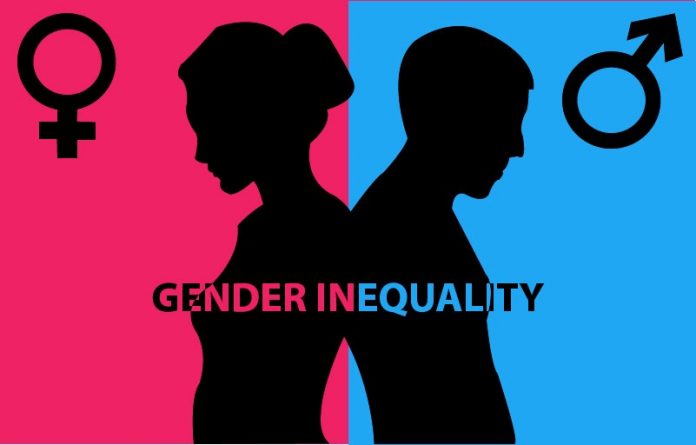Women enjoy fewer than two-thirds the rights of men.
A new World Bank Group report shows that global gender gap for women in the workplace is far wider than previously thought as women enjoy fewer than two-thirds the rights of men.
“No country provides equal opportunity for women not even the wealthiest economies…women on average enjoy just 64% of the legal protections that men do far fewer than the previous estimate of 77%,” part of the statement from the World Bank reads.
The report indicates that for the first time, Women, Business and the Law assesses the gap between legal reforms and actual outcomes for women in 190 economies. The analysis reveals a shocking implementation gap.
“Although laws on the books imply that women enjoy roughly two-thirds the rights of men, countries on average have established less than 40% of the systems needed for full implementation. For example, 98 economies have enacted legislation mandating equal pay for women for work of equal value. Yet only 35 economies—fewer than one out of every five—have adopted pay-transparency measures or enforcement mechanisms to address the pay gap,” the statement reads.
Effective implementation of equal-opportunity laws depends on an adequate supporting framework, including strong enforcement mechanisms, a system for tracking gender-related pay disparities, and the availability of healthcare services for women who survive violence.
“All over the world, discriminatory laws and practices prevent women from working or starting businesses on an equal footing with men. Closing this gap could raise global gross domestic product by more than 20% – essentially doubling the global growth rate over the next decade—but reforms have slowed to a crawl. WBL 2024 identifies what governments can do to accelerate progress toward gender equality in business and the law,”said Indermit Gill, Chief Economist of the World Bank Group and Senior Vice President for Development Economics.
Togo was identified as the standout country among Sub-Saharan economies enacting laws that give women roughly 77% of the rights available to men, more than any other country in the continent. Yet Togo so far has established only 27% of systems necessary for full implementation.
According to the World Bank report in 2023, governments were assertive in advancing three categories of legal equal-opportunity reforms—pay, parental rights, and workplace protections. But almost all countries performed poorly in the two categories being tracked for the first time—access to childcare and women’s safety.
The global average score of women’s safety is 36, meaning women enjoy a third of the needed legal protections against domestic violence, sexual harassment, child marriage and femicide.
The World Bank report indicated that despite 151 economies have laws in place prohibiting sexual harassment in the workplace, just 39 have laws prohibiting it in public spaces.
The report indicates that women also face significant obstacles in other areas. In the area of entrepreneurship one in every five economies mandates gender-sensitive criteria for public procurement processes, meaning women are largely cut out of a $10-trillion-a-year economic opportunity.
“It is more urgent than ever to accelerate efforts to reform laws and enact public policies that empower women to work and start and grow businesses,” said Tea Trumbic, the report’s lead author.
Trumbic said that barely half of women participate in the global workforce, compared with nearly three out of every four men, “this is not just unfair—it’s wasteful. Increasing women’s economic participation is the key to amplifying their voices and shaping decisions that affect them directly. Countries simply cannot afford to sideline half of their population.”

